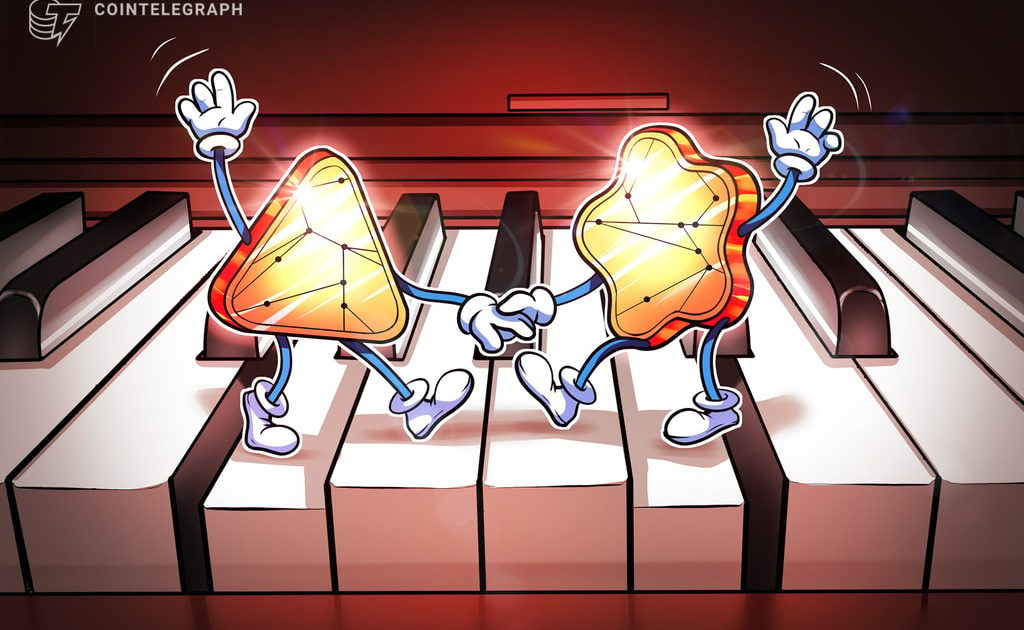NFT royalties make art and digital content a sustainable source of income for creators. As payments could typically be programmatic, there could be multiple creators who could benefit from this model.
From a principle and economic standpoint, NFT royalties offer a number of advantages to the ecosystem. It is challenging to track the subsequent purchases of artwork in the Web2 creative sectors of music, art and graphic design. On top of that, contracts drafted between creative professionals and marquee studios or corporations are often one-sided and heavily against the creator of the work.
This imbalance in economic relationships is what the Web3 model seeks to correct. In Web3, any piece of work that gets minted as an NFT can be tracked through subsequent purchases recorded on the blockchain. The creator can thus programmatically stay on top of the chain of transactions and earn royalties at every point.
Furthermore, the creator can go to an NFT marketplace and list and sell their NFTs without the marketplace directly claiming royalty on the purchase. NFTs are instrumental because one can create an economy around creators, which hasn’t necessarily been the strong suit of Web2 business models. For many NFT collections, royalties were a great mechanism for funding their operational costs.
NFT royalties can also curb the dangerous practice of wash trading. By creating multiple accounts or wallets, a market participant can buy an NFT or any digital asset they want to artificially inflate the price of. Often, their wallets are used to just buy an NFT from each other to create the perception of demand and pump up the price of the NFT.
For unattentive spectators, this activity can seem like high demand for the NFT. However, that is not the case. Enforcing royalties will make sure that for each transaction between the wash traders’ wallets, there is a price to be paid. Therefore, the cost of keeping the price high increases very quickly, making it hard for the wash trader to continue.




